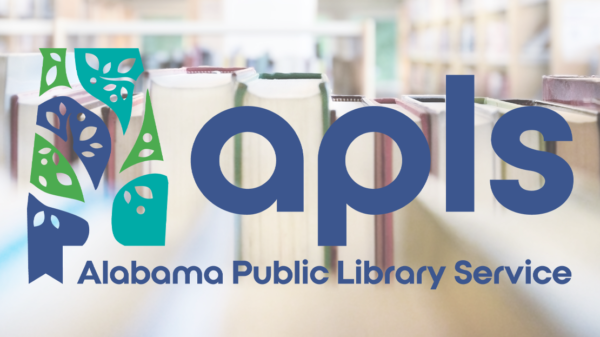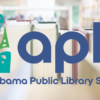|
Getting your Trinity Audio player ready...
|
Why are y’all so afraid of talking to your kids?
That’s what this book-banning rampage all around the state seems to really be about. And to some extent, it’s what the anti-LGBTQ+ freakout seems to be about too.
A whole bunch of parents out there seem to be deathly afraid of having a tough conversation with their own children. About sex. About sexuality. About people who believe and behave and love differently than what they do in their house.
And to some extent, the ignorance of the situation – and the misinformation spread by rightwing outlets and politicians and goofball religious leaders – has led those parents to believe that the mere reading about gay characters or gay sex or transgender youth might somehow turn their destined-to-be-straight children into an LGBTQ+ child.
This reality struck me after I posted on social media a simple meme stating that in all of history, it has never been the good guys banning books. In the comments, someone asked if I had read any of the banned books and if I would be OK allowing my daughter to read any of those books.
Now, if you don’t know me or follow me on Facebook or Instagram, there’s one thing you should probably know more than anything else: I love being a dad. My wife and I have a beautiful, smart, funny, argumentative (no idea where she gets that) little girl. She’s 6. I am overprotective of her to the point of absurdity and I make zero apologies for it.
That said, books are not high on my list of concerns. Neither are LGBTQ+ people.
Because, as the comedian Wanda Sykes so appropriately said, “until a drag queen walks into a school and beats eight kids to death with a copy of ‘To Kill A Mockingbird,’ I think you’re focusing on the wrong shit.”
Much higher on my list of worries for my little one is the saturation of untrained armed people and the revocation of health care options for her.
But since we’re focused on this issue of books and what’s appropriate for her, my belief is it’s appropriate for her if she’s curious about it. I mean, first off, no 6- to 9-year-old is looking at most of the books on these banned lists, and if they happen to stumble across them, they aren’t going to understand them. But in the slim chance that she does pick one up and have a question or two, a simple conversation in language a young child can understand is typically enough.
Like the other day, when she asked if two girls could get married. We simply said yes, and told her that if two people love each other, they can choose to get married and we should be happy that they’re happy.
She thought about that answer for a few seconds and then followed up by asking if we could eat pizza for dinner.
I understand, and expect, that the conversations over such topics will become more involved and complicated as she gets older. We don’t fear them.
The authors of most of these books on the “banned” lists have simply written about real people and real life situations, and complicated scenarios, that many, many young people will face. And they’ve typically done so in a manner that will aid young people in coping both with their own sexual curiosities and with the various sexual situations and people they’ll encounter over their lives.
For the life of me, I can’t fathom a situation in which a child would pick up such a book, read it, have questions, and a parent would run from that conversation.
I mean, don’t get me wrong here, I’m not claiming that I’ll tell my daughter all the right things. I’m certain that I won’t be as good as some other parents at handling those conversations. But why are you afraid of them?
That’s an opportunity to at least attempt to steer your children towards science and accurate information, and away from ridiculous teenage folklore and porn-influenced beliefs about sex and sexuality.
But more importantly, it’s some other parent’s opportunity and you’re trying to steal it. You’re trying to use your fear and ignorance to justify the removal of books – the removal of information that might help a kid or help spark a conversation between parents and their children.
The public library does not have a responsibility to censor information. It has a duty to provide it.
It is your responsibility as a parent to either monitor and prevent your child from reading those books, or – and this would be preferred by everyone – your responsibility to help your child understand and utilize the information contained in those books.
It certainly would go a long way towards ending the hate and intolerance that so many young people face. If that’s something you care about.























































